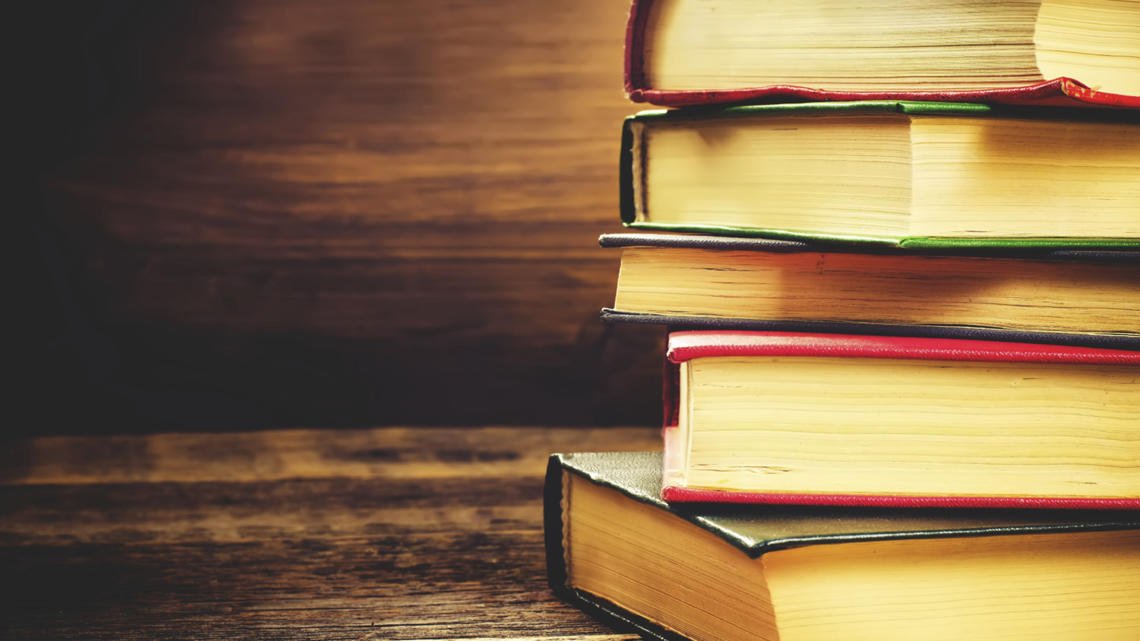Our members have often come together to work on consumption and value change challenges, including during the Vision 2050 project where values, consumption and lifestyles were important factors in devising the overall vision (9 billion people, living well, within the boundaries of the planet). Past publications on sustainable consumption and value chains are available here.
In 2013, our Action2020 platform took Vision 2050’s long-term goals and translated them into quantifiable, science-based objectives deliverable within a timeframe that resonates with business. We identified nine priority areas where business must focus its efforts through to 2020 if society is to have a chance of achieving Vision 2050 – Sustainable Lifestyles was one of these priority areas. Read the Action2020 Sustainable Lifestyles Executive Brief.
A Sustainable Lifestyles Cluster was formally established at the Montreux Liaison Delegate meeting in April 2014, becoming a program area within the People Program in 2017 and running until 2020 with the support of a wide range of members. The value chains of consumer goods, food, flavours & fragrances, automotive, ICT, construction all being represented, supported by members from the advertising and service industries. The focus of the sustainable lifestyles work was always to bring forward thinking-companies from a broad range of value chains together to explore how business could use its innovative power to inspire and enable more sustainable lifestyles.
A central philosophy was that product and efficiency improvements alone are not sufficient responses if we are to ensure that 9 billion people are able to live well and within planetary boundaries. This is particularly relevant if, as predicted, the global middle-class does indeed grow to 3 billion people by 2030, all following western consumption patterns. Furthermore, we worked under the premise that the responsibility for making sustainable lifestyles possible lies with business, not with individuals.
The sustainable lifestyles work culminated with the creation of three groundbreaking pieces of work - our Good Life 2.0 Playbook aimed at marketing teams (helping them to understand what aspirational sustainable lifestyles could look like based on real-world cultural shifts), and our Lighthouses aimed at strategy and innovation teams, exploring how people want and need to live: the Future of Home and the Future of Food.
Ultimately, sustainable lifestyles touches all areas of WBCSD's work program, as the type and quantity of products and services people need and demand are linked to the environmental and social impacts resulting from global economic activity. WBCSD has now integrated the need to address sustainable lifestyles into its work program as part of its Vision 2050 framework. All of Vision 2050's transformation pathways consider individual behaviours that can contribute to the transitions required, and the systems architecture also includes the need to involve the perspective of Individuals & Consumption into any solution design, alongside other enablers of transformation including policy & regulation, finance & investment and innovation & technology.
WBCSD's back catalogue of Sustainable Lifestyles work remains highly relevant, offering inspiration and practical guidance to corporate sustainability, innovation, marketing, insights and strategy teams.

